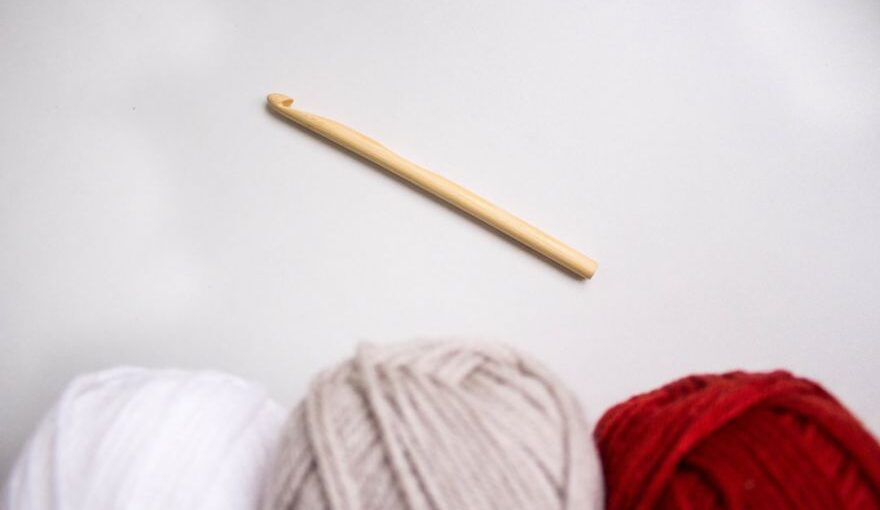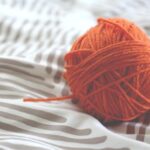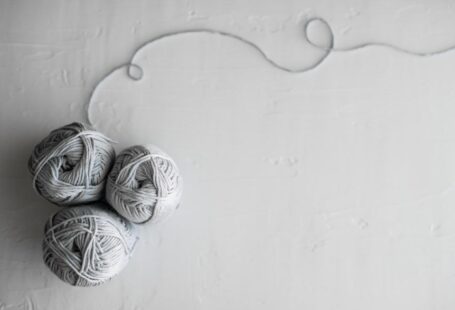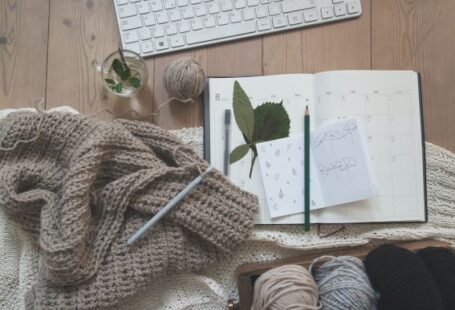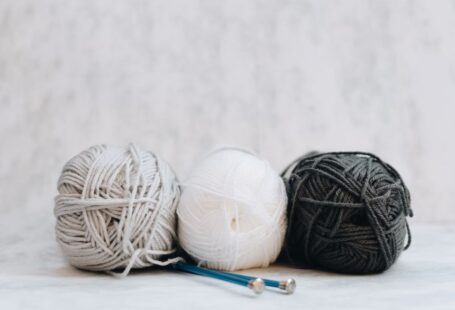In recent years, there has been a growing emphasis on sustainability and eco-consciousness in various industries, and the world of crafting is no exception. With the increasing awareness of the environmental impact of our choices, many crafters are now seeking out yarn options that are not only beautiful and functional but also sustainable. Thankfully, there is a wide range of eco-friendly fibers available that can be used for conscious crafting. In this article, we will explore some of these sustainable yarn options and their benefits.
Bamboo Yarn: A Versatile and Sustainable Choice
Bamboo yarn is becoming increasingly popular among crafters for its sustainability and versatility. Bamboo is a highly renewable resource that grows rapidly without the need for pesticides or fertilizers. It also requires significantly less water compared to other natural fibers like cotton. Bamboo yarn is known for its softness and silky texture, making it a pleasure to work with. Additionally, bamboo yarn has excellent moisture-wicking properties, making it an ideal choice for summer garments and accessories. Its antibacterial properties also make it hypoallergenic and suitable for those with sensitive skin.
Hemp Yarn: The Earth-Friendly Fiber
Hemp yarn is another eco-friendly option that is gaining popularity in the crafting community. Hemp is a fast-growing plant that requires minimal water and no pesticides or herbicides. It is also naturally resistant to pests and diseases, making it an excellent choice for organic farming. Hemp yarn is known for its durability and strength, making it suitable for a wide range of projects, from sturdy bags to durable clothing. It also has natural anti-microbial properties, making it resistant to mold and mildew. Hemp yarn has a slightly rough texture, but it softens with each wash, resulting in a comfortable and long-lasting fabric.
Organic Cotton Yarn: A Sustainable Classic
Cotton is a widely used fiber in the crafting world, but conventional cotton production is notorious for its environmental impact. However, organic cotton yarn provides a sustainable alternative. Organic cotton is grown without the use of synthetic fertilizers or pesticides, making it better for the environment and the farmers who grow it. It also requires less water compared to conventional cotton. Organic cotton yarn is soft, breathable, and perfect for a wide range of projects. It is particularly well-suited for baby items and garments that require delicate care.
Recycled Yarn: Giving New Life to Old Fibers
Recycled yarn, as the name suggests, is made from pre-consumer or post-consumer waste materials. It can be crafted from a variety of sources, such as fabric scraps, leftover yarn, or even plastic bottles. Recycling yarn helps reduce waste and conserve resources that would otherwise be used to produce new fibers. The quality of recycled yarn can vary, but many manufacturers take great care to produce high-quality yarn that is just as good as its virgin counterparts. Recycled yarn is a fantastic option for eco-conscious crafters who want to minimize their carbon footprint while creating beautiful and unique projects.
Conclusion:
As crafters, we have the power to make a positive impact on the environment by choosing sustainable yarn options. Whether it’s bamboo yarn, hemp yarn, organic cotton yarn, or recycled yarn, there are plenty of eco-friendly fibers available that can be used for conscious crafting. By opting for these sustainable choices, we can create beautiful, functional, and environmentally-friendly projects that align with our values. So let’s embrace these eco-friendly fibers and continue to create while caring for our planet.
